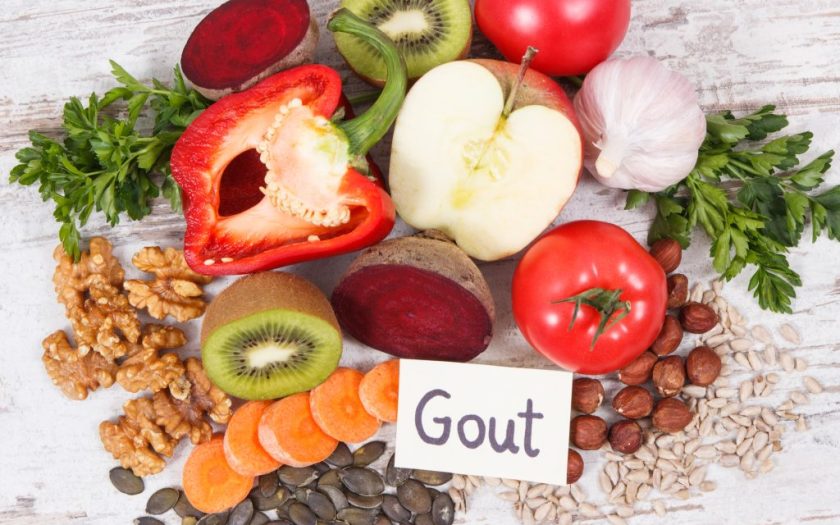Diet in gout and factors to consider
What is the effect of diet on gout? Gout is a painful form of arthritis that occurs due to high levels of uric acid in the blood, causing crystals to accumulate around the joint. When the body does not eliminate excess uric acid, it accumulates in the blood, forming small crystals that affect the inflammatory process. When these deposits increase and begin to settle in the cartilage and tendons, they cause gout. In more than 95% of cases, the cause of gout is increased purine synthesis and decreased excretion of uric acid through the kidneys. While the secondary causes are genetic diseases, diabetes, hypertension and obesity.
Other risk factors include excessive alcohol consumption, psychological stress and trauma. Gout is more common in men, and its presence is higher in older age groups. It also increases in postmenopausal women due to estrogen loss. It is characterized by recurrent pain due to crystal deposition in joints and other tissues. Affected joints include the big toe, shoulder, elbow, knee and wrist. Because this metabolic disorder is reversible, gout is a curable disease. Treatment involves a certain degree of compliance with medications, guidelines, and a special diet for gout. Diet for gout includes certain restrictions on red meat and offal, fish, cabbage, spinach, mushrooms, alcohol and beer.
Diet for gout, what is allowed and what is not
What does proper nutrition mean for gout? Many studies have shown that gout is most often caused by an unhealthy lifestyle in which there is an inadequate diet with an excess of purine-rich foods. A balanced diet for gout will reduce the level of uric acid in the blood and must be aimed at controlling: urine pH, purine intake and fructose intake. Accordingly, a proper gout diet will help in better disease control. While certain foods increase uric acid levels, such as meat and offal, bakery products, alcoholic beverages and sweets, there are foods that reduce that level and help with healing.
When it comes to diet for gout, it greatly helps in reducing the level of uric acid in the blood. A special type of diet can significantly reduce the risk of painful gout attacks. At the same time, it can slow down joint damage. This includes choosing certain foods. Consumption of red lean meat and low-fat dairy products is considered an excellent source of protein. Foods that provide complex carbohydrates fruits, vegetables and whole grains have a strong anti-inflammatory effect.
What is a proper diet for gout
Correct diet for gout it will slow down joint damage and improve overall health. Moderate consumption of meat, reduction of portion sizes and sugar are the basic foundations in the treatment and prevention of gout. Obesity increases the risk, so weight loss proper nutrition in gout are key to reducing the risk of developing this disease. Research suggests lower calorie intake and a diet with a limited amount of purines, which reduces uric acid levels and gout attacks. Therefore, foods that have positive effects on reducing and preventing the risk of gout should be considered.
A diet rich in purine-free vegetables can be of great help as it contains minerals, vitamins and fiber that mitigate the negative effects. Some research has shown better disease control if low-fat dairy products are consumed. Coffee should also be considered as it reduces gout levels, but it should be borne in mind that its excessive use has a detrimental effect on the cardiovascular system. Omega 3 fatty acids found in fatty fish reduce inflammation, have a beneficial effect and provide antioxidant support. Quercetin, found in black tea, apples and onions, has an anti-inflammatory effect and is very effective in treating gout. Vitamin C and E have a significant effect on reducing uric acid levels and increasing its elimination through the kidneys.
source: healthline
MORE HEALTH NEWS: How to lose 5 kg of weight in a healthy way
